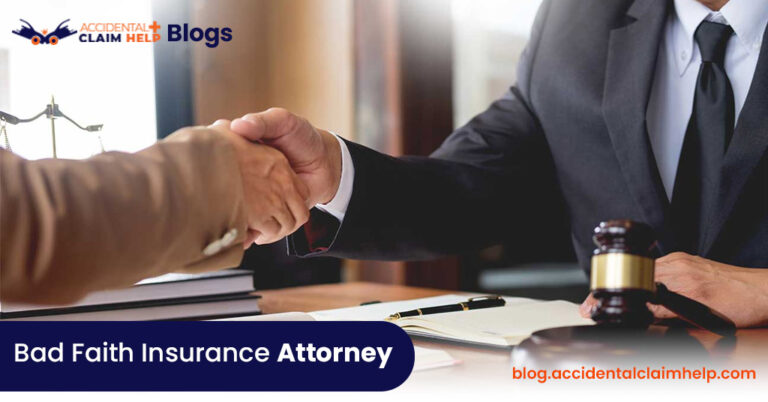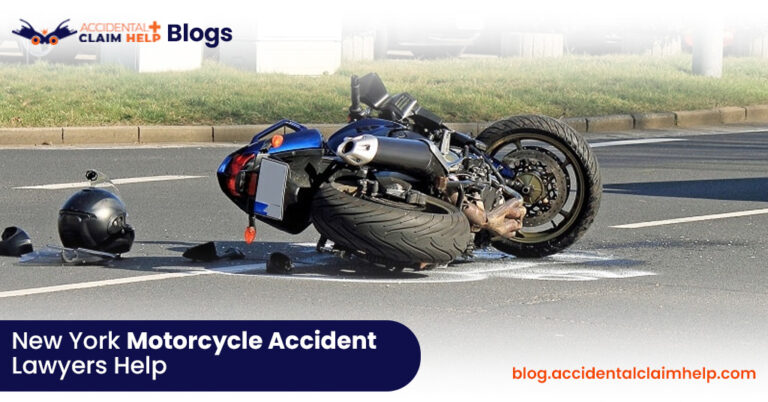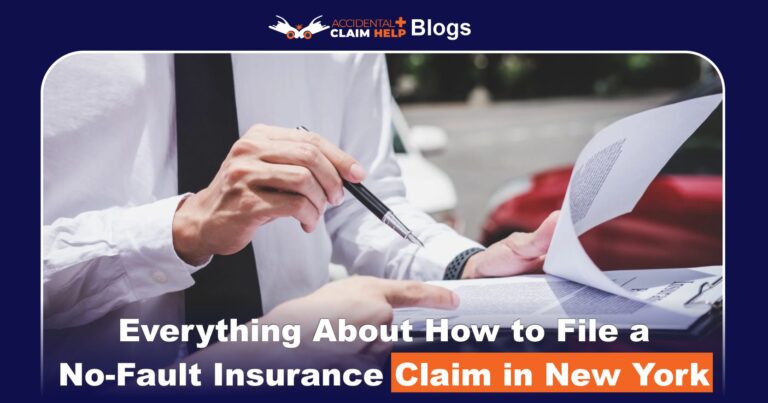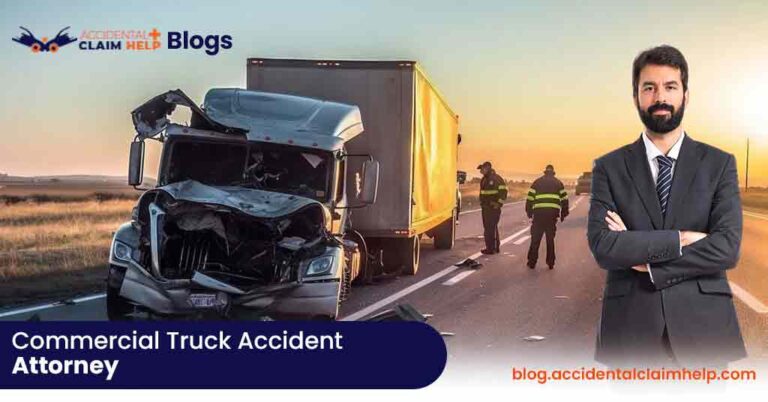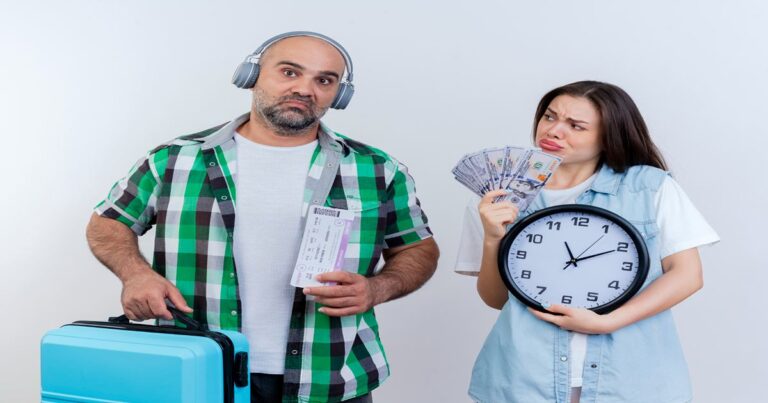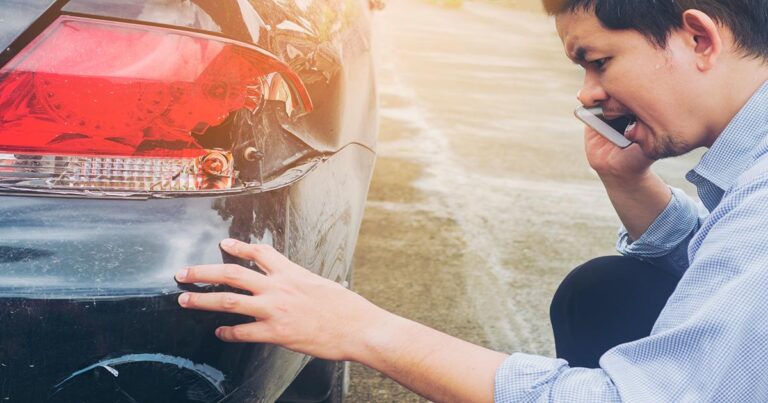What Is a Premises Liability Claim? How It Works
Accidents can happen anywhere — in a grocery store, a friend’s home, or even an apartment building. But when someone is injured on another’s property due to unsafe conditions or the property owner’s negligence.
In simple terms, a premises liability claim happens when you’re injured on someone else’s property because of a dangerous condition the owner should have fixed or warned you about. U.S. law says property owners have a duty to keep their spaces reasonably safe for visitors. So, if a store doesn’t clean up a spill or post a “wet floor” sign and you slip and break your arm, that’s negligence — and you could have a valid claim.
These cases fall under civil law (negligence) and often involve big consequences. Each year, billions of dollars are paid out in claims for injuries caused by unsafe property conditions. Falls alone send over 8 million Americans to the emergency room annually, and many of those injuries happen on someone else’s property.
A successful claim can help cover medical bills, lost wages, pain and suffering, and other damages from your injury.
What “Premises Liability” Really Means
The term “premises injury” simply means you were hurt because of a hazard on someone’s property — like a broken step, slippery floor, or missing handrail. But to actually win a premises liability claim, you need to show a few key things:
- A dangerous condition existed on the property.
- The owner knew (or should have known) about it.
- They didn’t fix it or warn you.
- You were legally on the property (not trespassing).
- You were injured because of that hazard.
Different visitors are owed different levels of care under U.S. law.
- Invitees (like store customers) get the highest level of protection.
- Licensees (like social guests) must be warned about known dangers.
- Trespassers have the least protection.
Still, any property owner who fails to keep their space safe can be held accountable if someone gets hurt because of it.
Common Examples of Premises Liability Cases
Premises liability doesn’t only mean “slip and fall.” It covers a wide range of accidents that happen because someone didn’t take reasonable care of their property. Here are some of the most common examples:
- Slip, Trip, and Fall Accidents: Slipping on a wet floor, icy walkway, or loose rug, or tripping on a broken stair or cracked sidewalk.
- Dog Bites and Animal Attacks: Getting bitten or attacked by a pet when the owner knew it was dangerous.
- Elevator and Escalator Injuries: Accidents caused by malfunctioning equipment or poor maintenance.
- Swimming Pool Accidents: Drownings or injuries from lack of fencing, missing warning signs, or unsafe pool areas.
- Negligent Security: Assaults, robberies, or attacks in places with poor lighting, no security cameras, or broken locks.
- Fire and Safety Code Violations: Injuries caused by blocked exits, missing alarms, or faulty wiring.
These incidents can happen anywhere — stores, restaurants, schools, gyms, apartment buildings, offices, or even at a friend’s house. If you were hurt because someone failed to keep their property safe, you might have a valid claim.
Why These Accidents Are So Common
Falls are among the most frequent reasons people end up in emergency rooms. According to U.S. safety data, they account for more than one in five ER visits every year. Older adults are especially at risk — millions are treated annually for serious injuries from falls, including broken bones and head trauma.
Even something that looks minor, like a loose floor tile or uneven step, can lead to a life-changing injury. When these hazards exist because a property owner ignored maintenance or safety rules, the law allows injured people to seek compensation.
How Premises Liability Insurance Works
Most property owners — from small businesses to homeowners — carry premises liability insurance. This coverage is meant to protect them financially if someone gets injured on their property.
The insurance typically helps pay for:
- Slip-and-fall injuries
- Accidents from unsafe or defective equipment
- Dog bites or animal attacks
- Elevator or escalator accidents
So if you file a claim, you’re usually not going after the owner’s personal money — you’re making a claim through their insurance company.
That said, insurance companies often try to minimize payouts. They might argue that you were partly at fault or that the hazard was “obvious.” That’s why it’s important to collect evidence — take photos, save medical records, and talk to witnesses — and get a lawyer who knows how to handle these cases.
Common Defenses Property Owners Use
Property owners and their insurers usually don’t admit fault right away. They might raise several defenses to reduce or deny your claim. The most common ones include:
- “Open and Obvious Hazard”: The owner may say the danger was clearly visible and you should have avoided it (for example, a bright yellow wet-floor sign).
- Comparative or Contributory Negligence: They might argue you were partly to blame, like not watching where you were walking or wearing unsafe shoes.
- Assumption of Risk: If you knew something was dangerous but chose to proceed anyway, they could claim you accepted the risk.
Even so, many people still win their cases. With good evidence and legal help, you can often prove that the property owner failed to take reasonable steps to keep you safe.
In rare cases where the owner’s actions were especially reckless — for example, completely ignoring serious hazards — courts can even award punitive damages to punish that behavior.
What To Do After a Premises Injury
If you’re hurt on someone else’s property, what you do next can make a big difference in your case. Here are a few important steps:
- Get medical help immediately. Your health comes first, and medical records are key evidence.
- Take photos of where and how the injury happened — the hazard, the lighting, and your injuries.
- Get witness information if anyone saw what happened.
- Report the incident to the property owner or manager as soon as possible.
- Contact a personal injury lawyer who handles premises liability claims.
Every state has a statute of limitations — usually 1 to 3 years — for filing these types of claims. Waiting too long could mean losing your right to compensation.
Why Having a Lawyer Helps
Premises liability cases can get complicated. It’s not always clear who’s responsible — it could be the owner, a tenant, a contractor, or even a property management company. An experienced lawyer can investigate what really happened, gather evidence, deal with the insurance company, and make sure you get the compensation you deserve.
A lawyer can also estimate what your claim is worth — including medical expenses, lost wages, future care, and pain and suffering. And because most personal injury lawyers work on a contingency fee, you usually don’t pay anything unless they win your case.
The Bottom Line
Getting injured because of someone else’s negligence can be frustrating and costly. But you don’t have to face it alone. Premises liability laws exist to protect people like you from unsafe conditions that should have been fixed.
If you or a loved one were hurt on another person’s property — whether it was a fall, a dog bite, or a security failure — don’t ignore it. Take action, get the facts, and reach out to a lawyer who can guide you through your premises liability claim.


